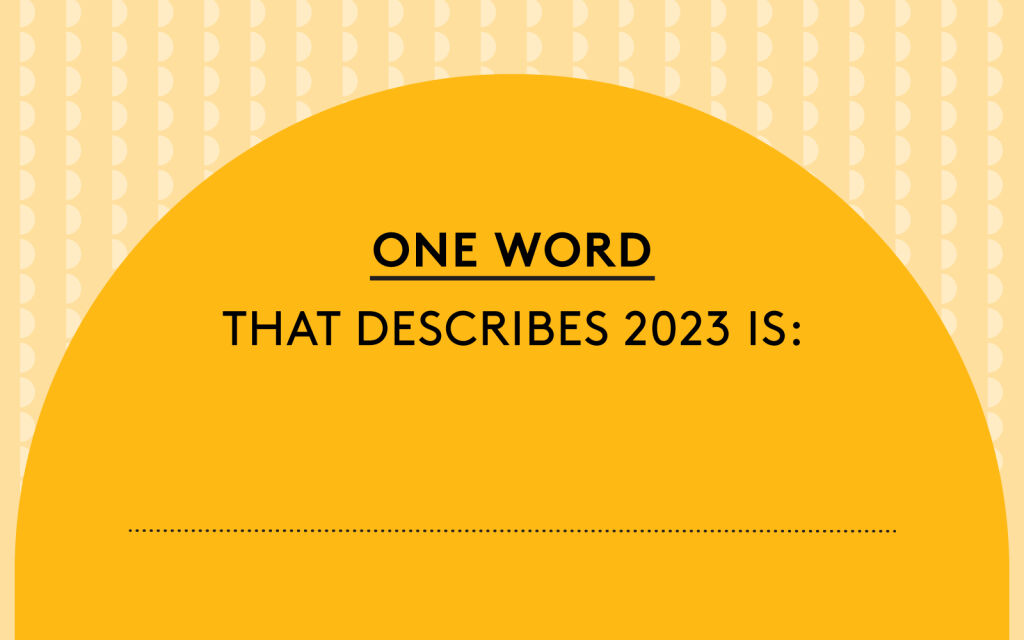Language in the News: Rethinking the Word “Master”
“Language is going to change whether you like it or not. So you might as well like it.”
— Helen Zaltzman, host of the linguistics podcast The Allusionist
At Planet Word, we are endlessly fascinated by the ways language evolves and adapts. And while it may sometimes seem that language takes on a life of its own, it is, ultimately, a social invention, and changes in ways that reflect the way humans are thinking, feeling, and acting.
It is no coincidence that in the U.S. right now, with a growing examination of racial bias and the legacy of slavery, some English-speakers are reconsidering the word “master,” because of its association with slavery. The word comes up in many different contexts and usages, reflecting its versatility as well as its history. According to Merriam-Webster, the word has been in use since before the 12th century and traces its origins to Middle English, and from there back “from Old English magister and Anglo-French meistre, both from Latin magister; akin to Latin magnus large.”
It can be a noun, adjective, or verb, and it has half a dozen distinct definitions. Among these are “an artist, performer, or player of consummate skill,” “an original from which copies can be made,” and “one having authority over another.” It is this last sense of the word that is drawing most attention now, but not exclusively.
Here are just a few of the instances where we’ve noticed the use of the term “master” being reconsidered: in the tech world, where some computer code is classified as “master” and “slave”; in the world of wine, where sommeliers are rejecting the title “master”; in real estate, where the classification of bedrooms is changing; and even in regard to the name of the world’s most famous golf tournament, the Masters. Academic institutions have been moving away from the title for years.
Columbia University linguistics professor (and Planet Word Advisory Board member) John McWhorter says not all usages of the word carry the same freight. “Words occupy splotches of meaning with a core and then assorted metaphorical extensions,” he explains. When it comes to actually addressing someone as “master,” McWhorter is all for new titles. “Where ‘master’ refers to personal relationships, I say, yes, get rid of it. Quakers got rid of calling male teachers ‘master’ when I was a kid in the 1970s.”
But for more general usage of the word, McWhorter is hesitant to eliminate master entirely. “But the idea that we should never use the word at all, such as to convey expertise or electronic concepts? To me, that’s 1) neglecting how words really work, 2) going from progressive to hypersensitive, in that I doubt anyone will hear ‘master sommelier’ or ‘master recording’ and think about slavery and 3) a setup for dissension, as people will endlessly mess it up.”
“Master” is not the only word being reconsidered for its exclusionary or racist connotations. At least one city is eliminating the title “chief,” citing sensitivity to their Native American citizens.
What do you think? Are there words you wish would be replaced? Do you have alternates you think are better? Join the conversation at @PlanetWordDC.



